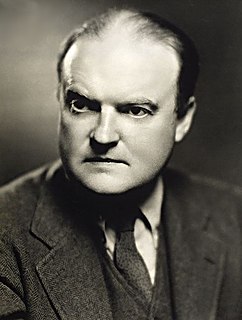A Quote by Friedrich Nietzsche
Never to read another book that was born and baptized (with ink) at the same time.
Related Quotes
Once in a very long time you come across a book that is far, far more than the ink, the glue and the paper, a book that seeps into your blood. With such a book the impact isn't necessarily obvious at first...but the more you read it and re-read it, and live with it, and travel with it, the more it speaks to you, and the more you realize that you cannot live without that book. It's then that the wisdom hidden inside, the seed, is passed on.
What I noticed at Grace-Calvary is the same thing I notice whenever people aim to solve their conflicts with one another by turning to the bible: defending the dried ink marks on the page becomes more vital than defending their neighbor. As a general rule, I would say that human beings never behave more badly toward one another than when they believe they are protecting God. In the words of Arun Gandhi, grandson of Mohandas, 'People of the Book risk putting the book above people.
I would have never wanted to write another management book. There are so many of them, and everybody says the same thing about them, and they are all the same - they give the exact same advice. It's like a diet book; they all say eat less calories, exercise more, and every single book has the same conclusion.
As a historically voracious reader - pre-baby, I averaged a book every week or two, and when I was a kid, I'd routinely read a book a day - I never understood how some people could not read. When I heard people say they didn't have time to read, in my head, I simultaneously pitied and ridiculed them: there was always time to read.
Some people, in order to discover God, read books. But there is a great book: the very appearance of created things. Look above you! Look below you! Read it. God, whom you want to discover, never wrote that book with ink. Instead, He set before your eyes the things that He had made. Can you ask for a louder voice than that?
Corliss wondered what happens to a book that sits unread on a library shelf for thirty years. Can a book rightfully be called a book if it never gets read? If a tree falls in a forest and gets pulped to make paper for a book that never gets read, but there's nobody there to read it, does it make a sound?
There is something I keep wanting to say about reading short stories. I am doing it now, because I many never have another occasion. Stories are not chapters of novels. They should not be read one after another, as if they were meant to follow along. Read one. Shut the book. Read something else. Come back later. Stories can wait.










































